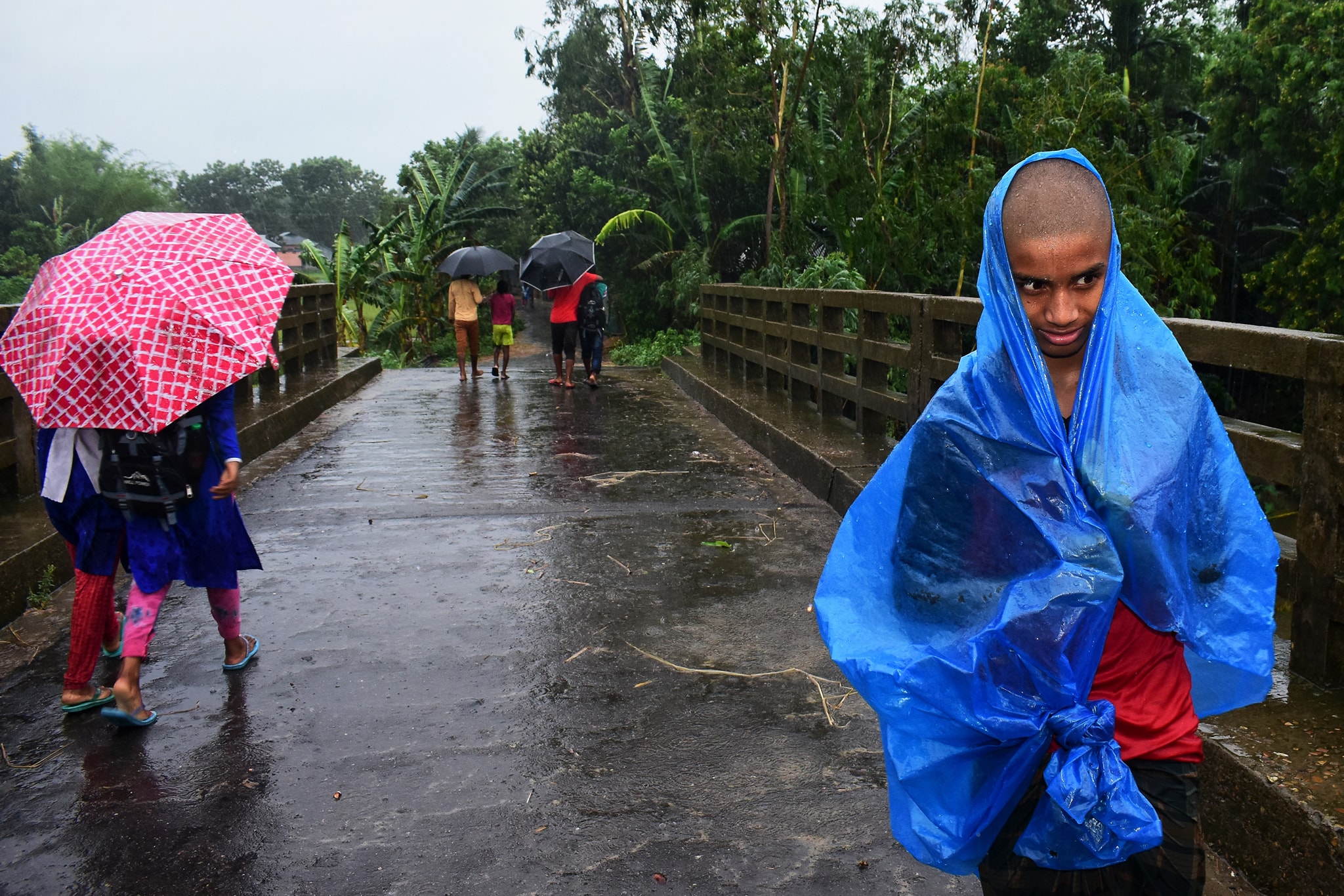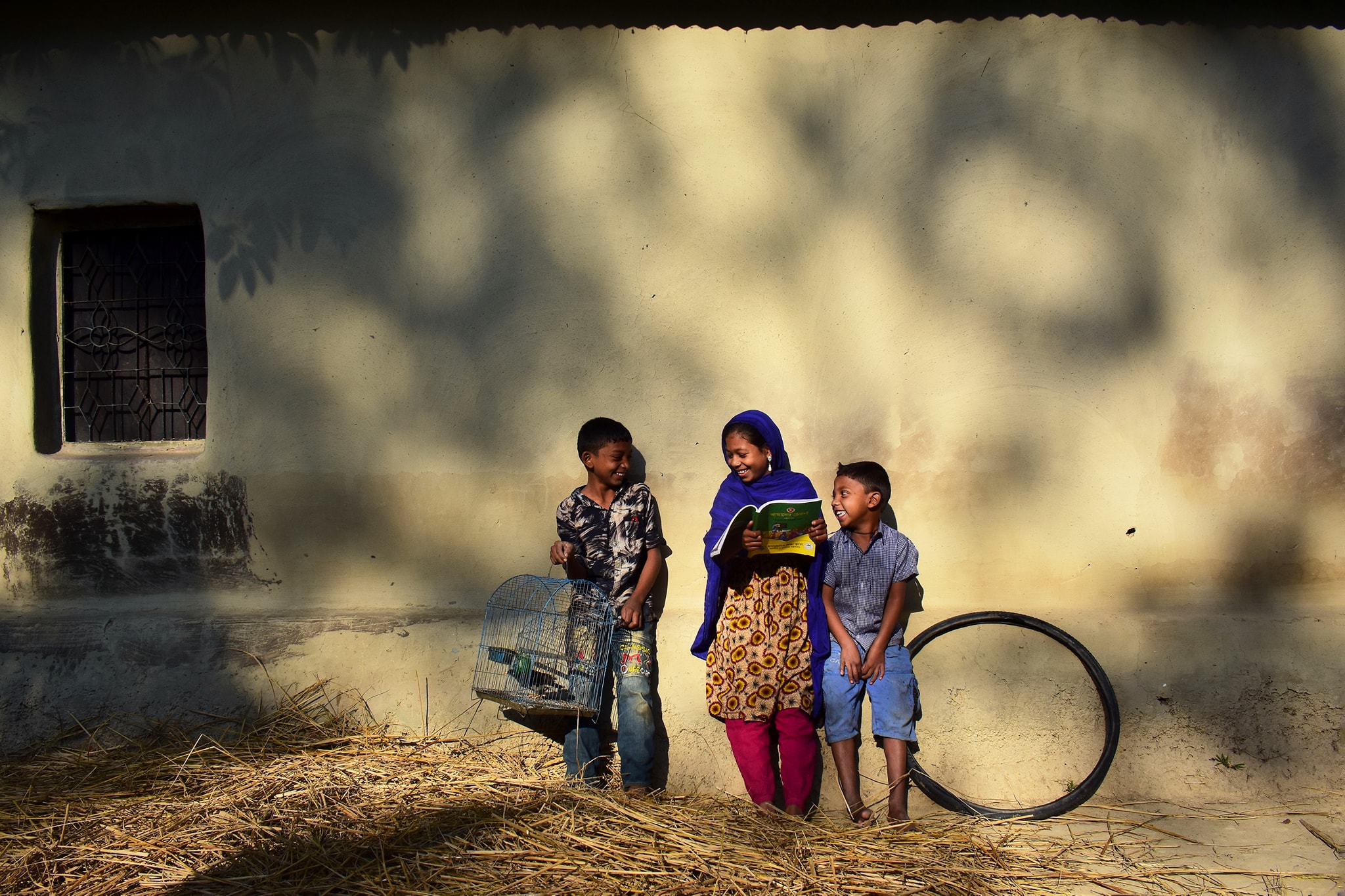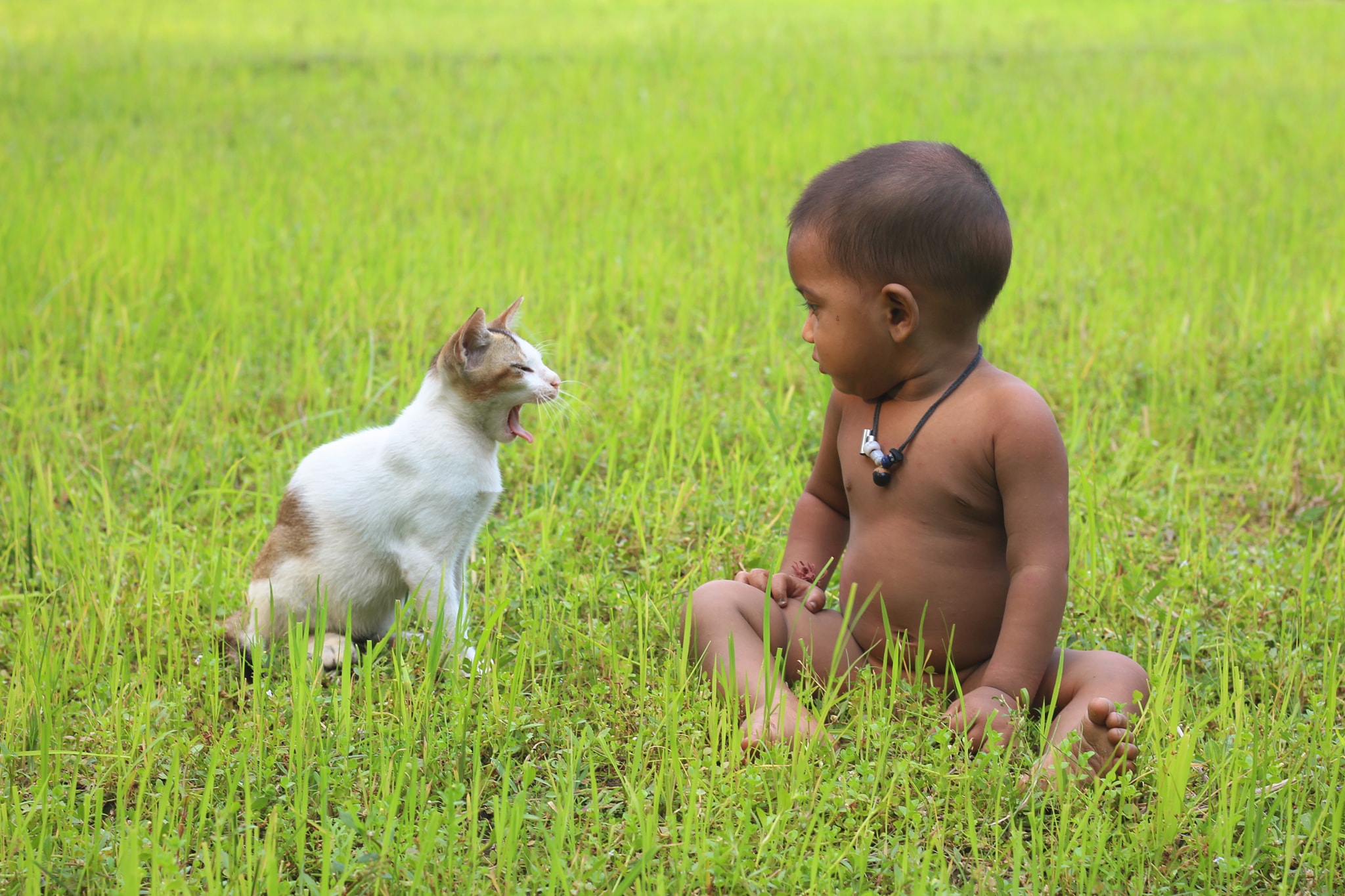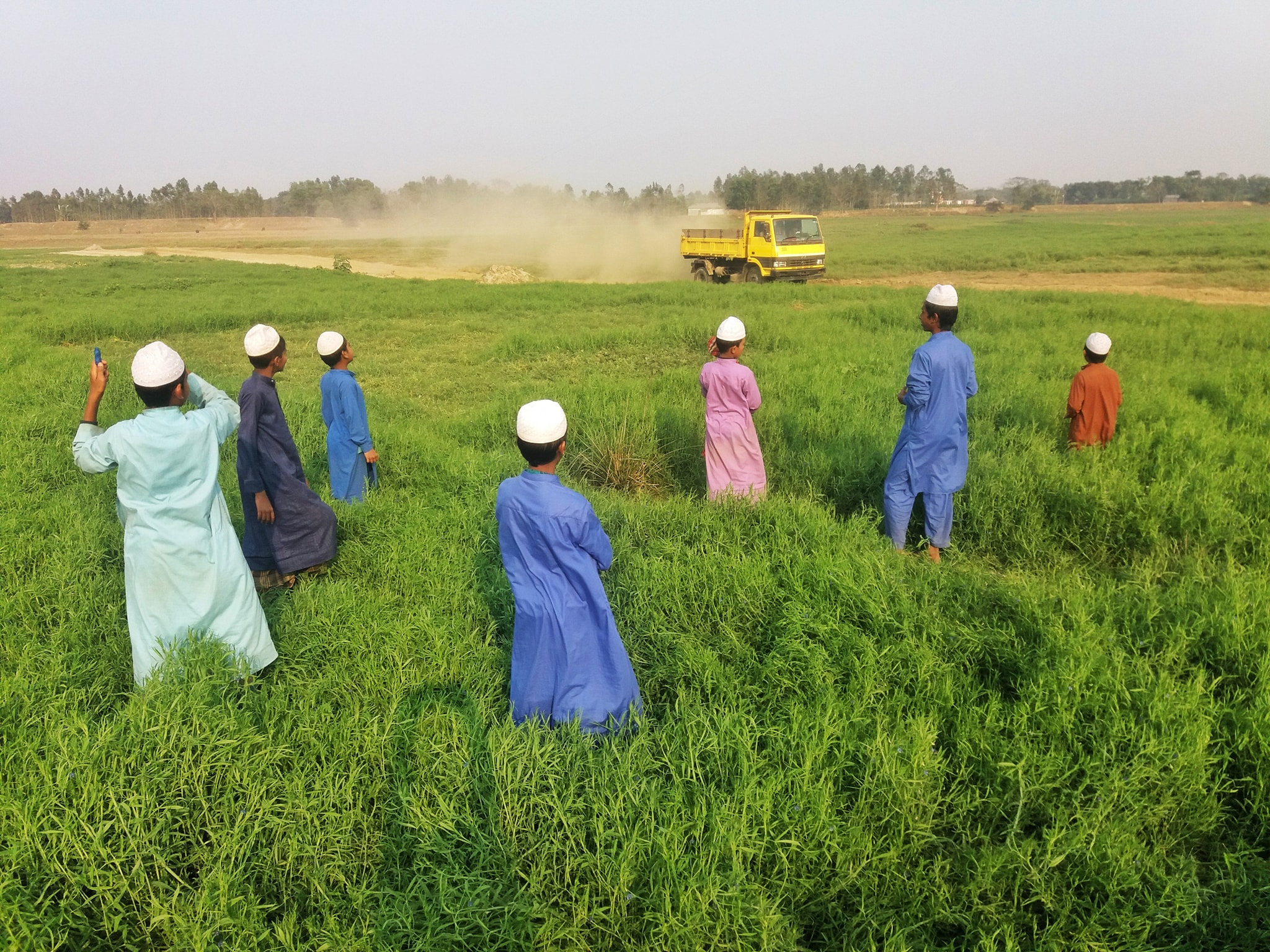Rural children
Rural children often face unique challenges related to access to education, healthcare, and social services compared to their urban counterparts. Growing up in remote or agricultural areas, they may have limited access to quality schools, nutritious food, and healthcare facilities, which can impact their physical and cognitive development. These children might also be required to contribute to household work or farming activities, which can further limit their educational opportunities.
However, rural communities often foster close-knit relationships, and children raised in these areas benefit from strong family ties, a connection to nature, and a deep understanding of local culture and traditions. Addressing the disparities between rural and urban children requires targeted efforts in infrastructure development, government support for education and health services, and opportunities for skill development, enabling them to thrive and contribute to the development of their communities.









